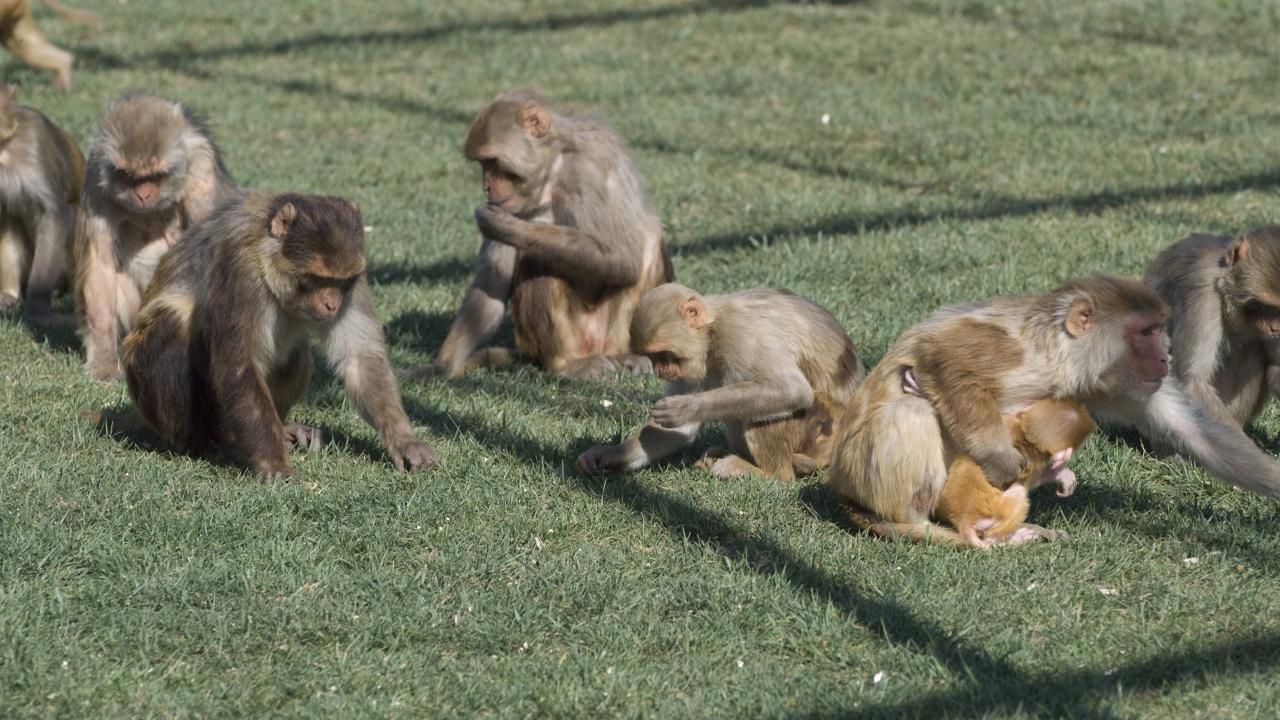Quick Summary
- Vaccine developed at OHSU in collaboration with UC Davis researchers
- Promising results in monkey model of HIV/AIDS
- Phase 1 clinical trials to begin next year
A vaccine for HIV developed by Oregon Health Sciences University in collaboration with the California National Primate Research Center at the University of California, Davis, is moving toward clinical trials. The vaccine uses another virus, cytomegalovirus, or CMV, as a “backbone” to carry small pieces of HIV into the body and arm the immune system.
OHSU hopes to enroll the first volunteers in a Phase 1 trial in the summer of 2017. The trial will look only at the safety of the vaccine, and whether it provokes an immune response in people.
Peter Barry, a professor of medical microbiology at UC Davis and director of the Center for Comparative Medicine, is an expert on CMV, a type of herpes virus that infects 50 percent to 70 percent of Americans, mostly without causing disease. A version of the virus called RhCMV that can infect rhesus macaques is widely used to study diseases including CMV and HIV.
Barry and postdoctoral researcher William Chang genetically engineered RhCMV so that snippets of genes from other viruses could be inserted into the virus. They shared their modifiable CMV with Professor Louis Picker at OHSU, who used this genetic backbone to create experimental vaccines against the monkey form of the AIDS virus, simian immunodeficiency virus, or SIV.
Up to 60 percent of rhesus macaques immunized with Picker’s vaccine at the Oregon National Primate Research Center were protected against infection with SIV — an unprecedented level of success for an SIV or HIV vaccine.
Picker is now working with Barry, Professor Alice Tarantal at UC Davis and other researchers at the Center for Comparative Medicine and California National Primate Research Center to develop new versions of the vaccine based on human CMV for use in the clinical trial, and to carry out additional safety testing.
The California and Oregon facilities are among seven national primate research centers supported by the National Institutes of Health as a resource for biomedical research. The CNPRC also receives support from the UC Davis Office of Research infrastructure program, and the Bill and Melinda Gates Foundation.
Media Resources
Andy Fell, News and Media Relations, 530-752-4533, ahfell@ucdavis.edu
